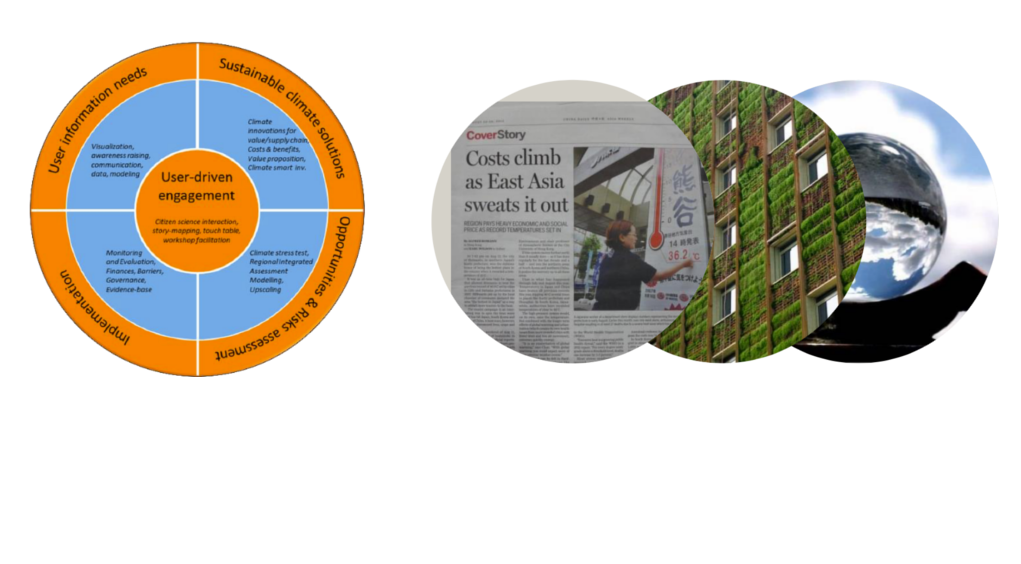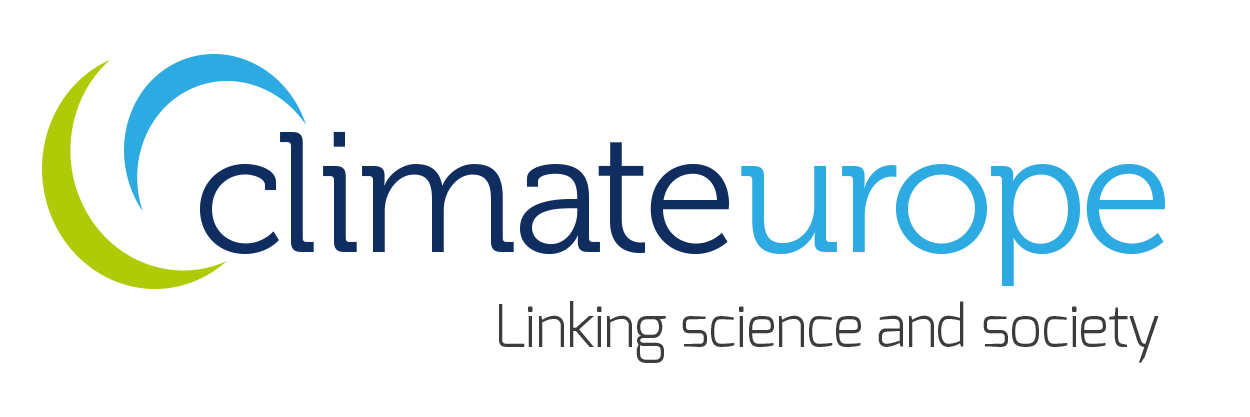 News / Webinars
News / Webinars
Video, summary, and presentations.
The Webinar took place on Tuesday 20 March 2017 at 10:30 CET Time.
It consisted of two talks: one on non-stationary bias in climate predictions, and the second on climate services.
Non-stationary bias in climate predictions
Summary of the First Talk
Dr. Jens Grieger, from the Institute of Meteorology of the Freie Universität Berlin (Germany), talked about the concept of bias in climate predictions and gave an introduction to the approaches use to deal with it. In particular, he explained the bias dependency on the lead time, also known as drift, and distinguished between two approaches for bias adjustment (and not bias correction): a non-parametric, consisting in adjusting each forecast time separately, and a parametric approach, where a function to adjust different forecast times at once is used. His talk highlighted the importance of understanding the evolution of the bias with the forecast time, not just from the statistical but also from the physical perspective. Apart from being important for comparison between model simulations and observations, the bias adjustment can calibrate the uncertainty, enhance prediction skill and become a key concept for communication purposes.
Question to the first talk:
- What is the recipe to start dealing with bias adjustment in practical terms?
Climate services XXL
Summary of the Second Talk
In the Second Talk, Dr. Eddy Moors, from the Alterra-Wageningen University (the Netherlands), started his presentation explaining that in climate service research a large amount of climate information has been prepared and adapted to provide information more usable by and accessible to users. The Copernicus programme is a good example of that, trying to fill the gap between climate service producers and users. Although there are good opportunities for climate services, not all of them are being exploited due to the existence of some barriers. He focused his talk on the market for climate services and pointed out the importance of discussing which are the barriers (as well as the enablers) to the faster development of an international market for climate services. He shares the opinion that a business case for the sustainable development of climate services will be needed, especially when the Copernicus programme will arrive to an operational stage and funding for climate services research could be reduced. Eddy presented three different examples of existing market opportunities regarding information services, financial services and research and tool development, and gave some real-world examples for each case. At the end of his talk, he identified three blocks of business opportunities in climate services: information/communication (which involves earning money with small businesses), measures/technical solutions (ability to show that certain measures or technical solutions can give an improvement in the production chain), and citizen science (good way to engage with citizens informing of what is actually happening). Future challenges will be the creation of long- term operational services, a point that requires a certain user interest and compromise, and the cross- sectoral collaboration in policy support.
Question to the first talk were:
- What is your opinion regarding the opportunities to develop new businesses in regions that
could not consider certain types of business options before (i.e. being able to have new crops in central/northern Europe that were not possible before, or having an emerging type of tourism in some regions) due to climate?
Discussion about two other general questions followed:
- Which challenges for climate modelling and observations are raised by climate services?
- What are the barriers that prevent a faster development of a climate services market?
